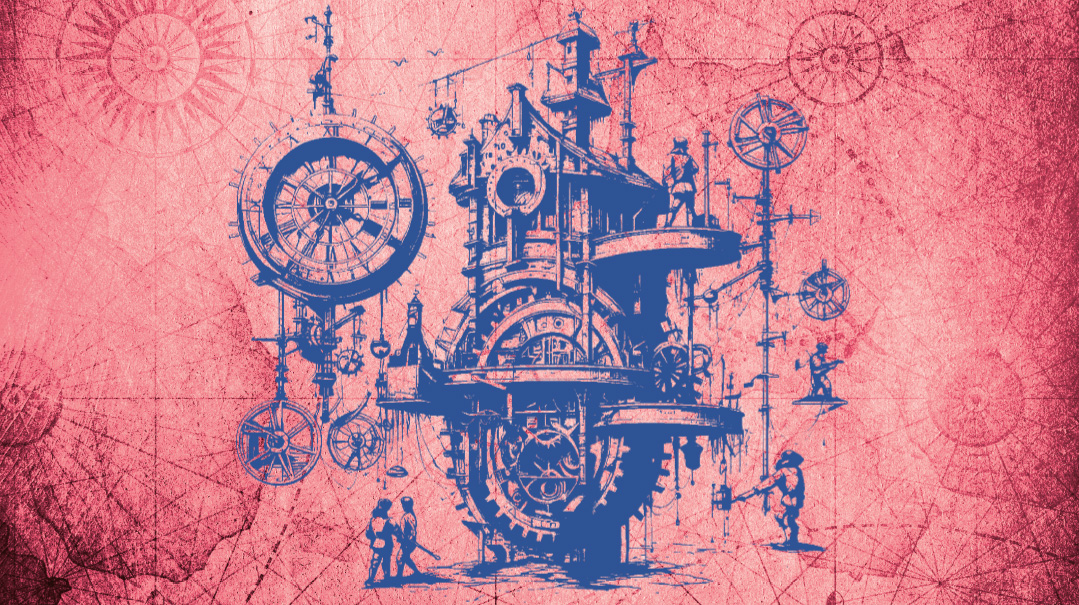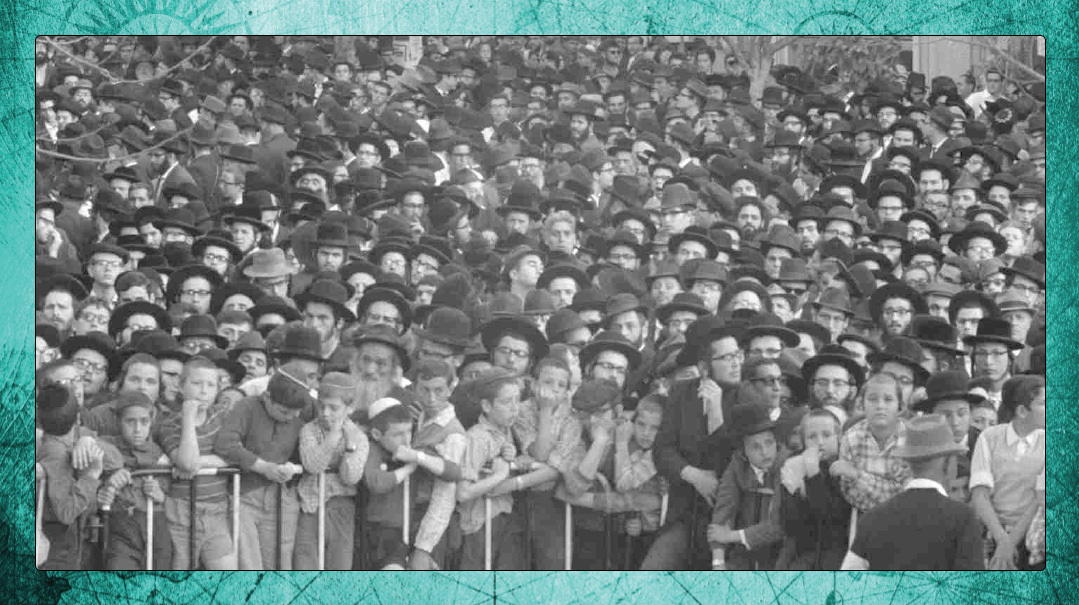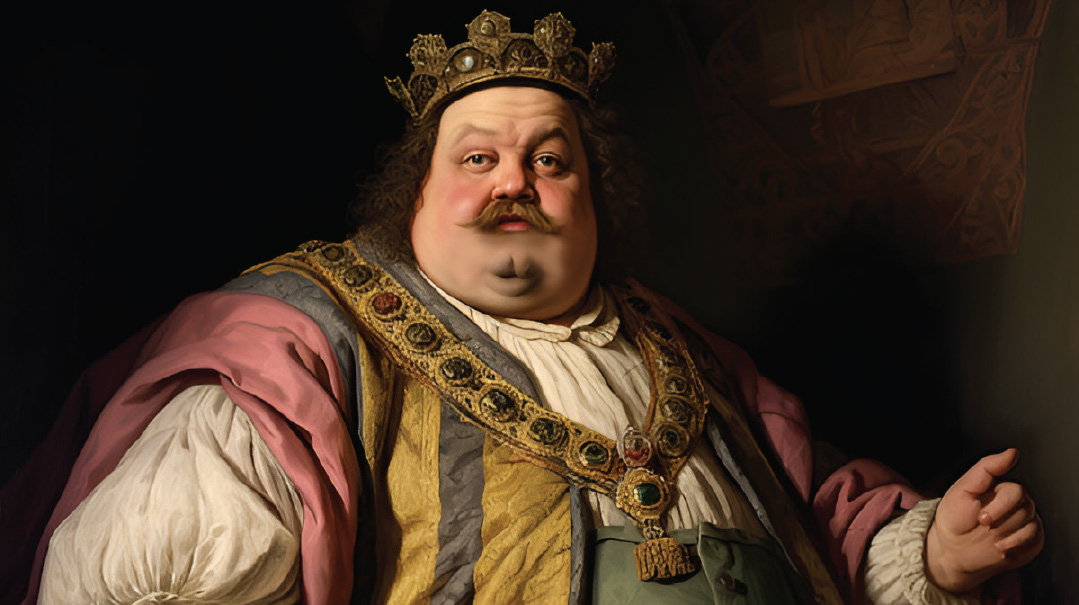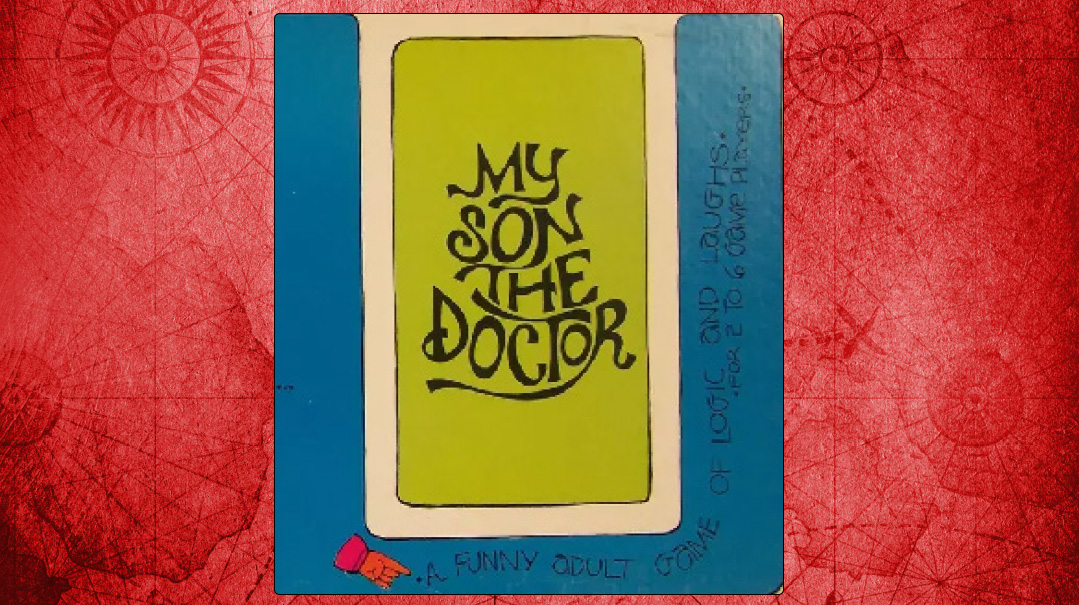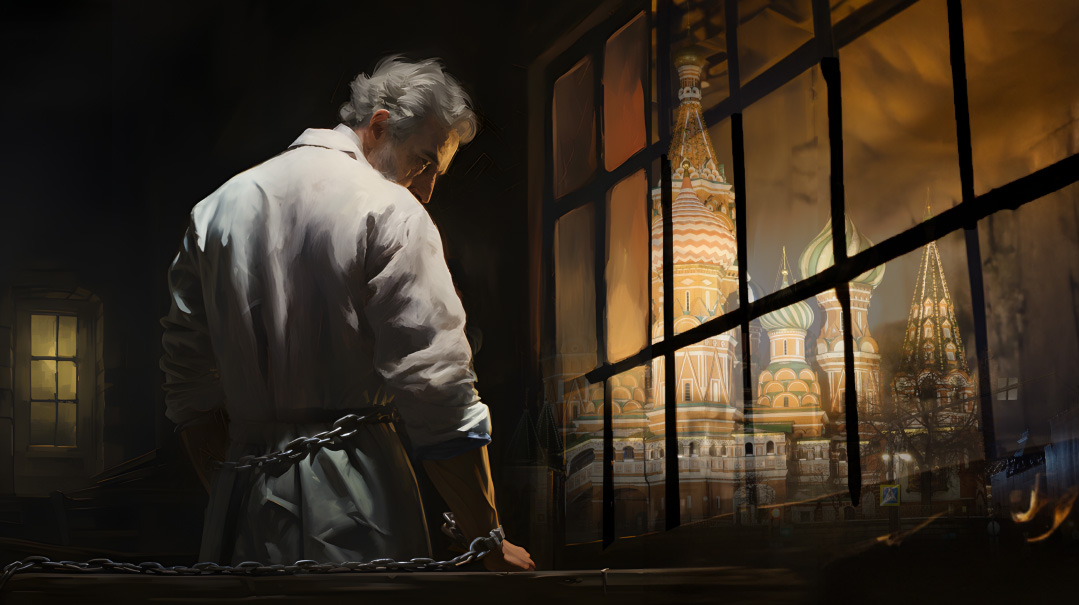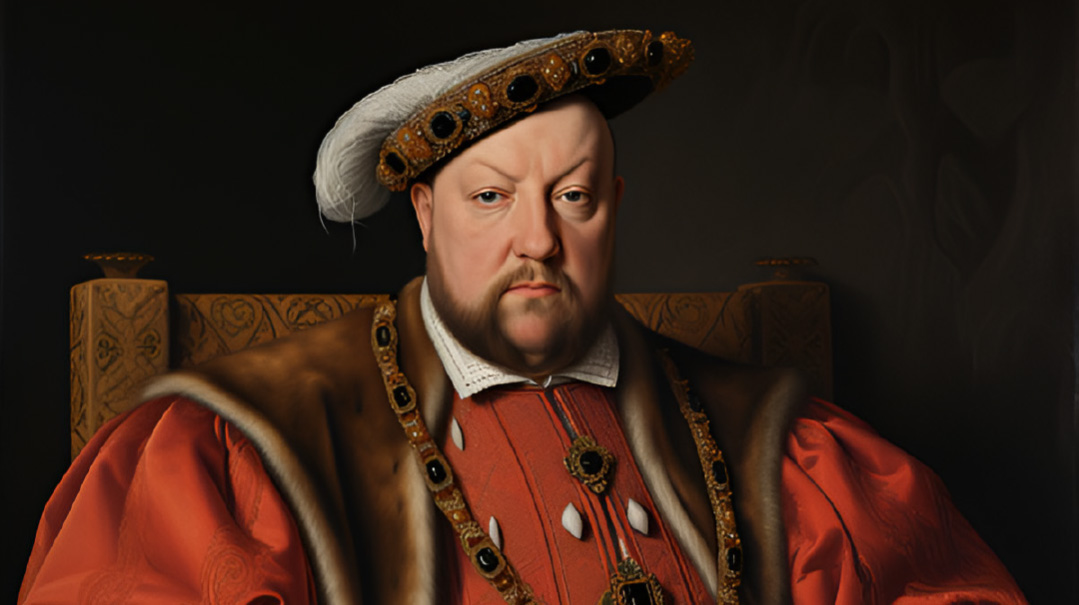When Jews Do History

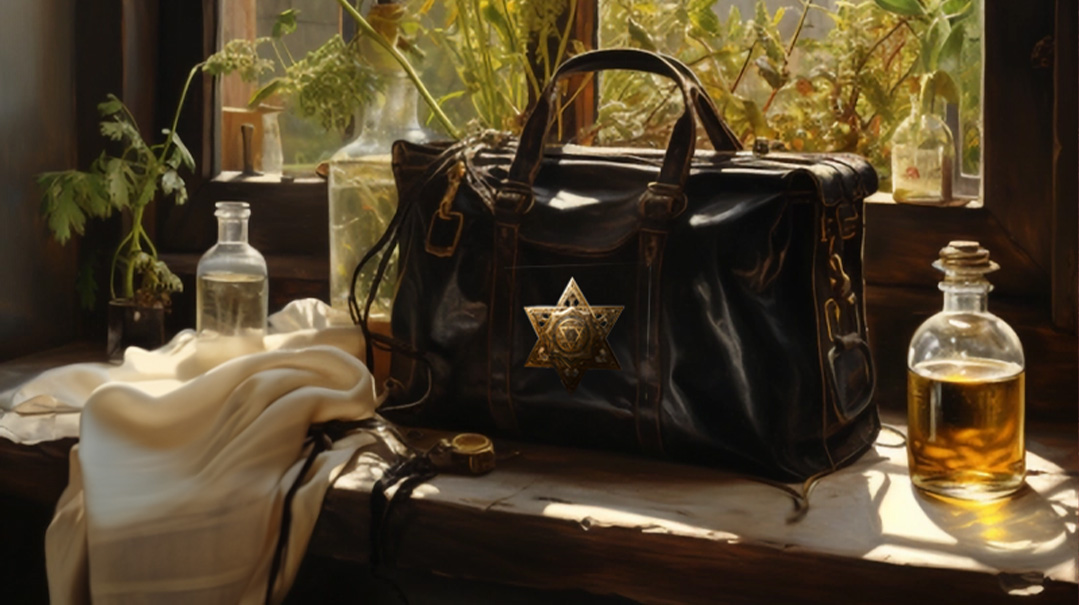
IT was on Shivah Asar B’Tammuz when I got a text from a journalist for a global media outlet who wanted to expand his knowledge of the chareidi world, which is an object of fascination to both reporters and readers.
“I’m working from home because it’s a fast day,” I wrote, assuming that like many non-Jewish visitors, he was aware of the basics of Israeli national life. “Do you want to Zoom?”
When we got on the call, the reporter thanked me for taking out time on the busiest day of the week, to which I replied that it was actually a slower day.
“But I thought you said it was a fast day?” he asked in puzzlement.
Amused at the misunderstanding, I endeavored to explain. “No, we’re fasting today because the Romans breached the walls of Jerusalem 2,000 years ago, before they went on to destroy the Temple.”
Even to my ears, the explanation sounded incredible, in the authentic sense; it brought home to me just how sweeping is our own sense of history.
There’s another under-appreciated fact about Jewish history, which is the term’s double meaning. It’s both the story of the Jewish People, and also a uniquely Jewish view of those events.
As a scholarly discipline, history is concerned with facts; but an authentically Jewish view of history can’t ignore the bigger picture, the traces of Divine involvement in history’s ebb and flow.
That view of world history was set down by Rav Elchanan Wasserman, whose works seek to interpret the great upheavals of the 20th century such as Communism and the rise of fascism through the lens of Jewish tradition.
“Since Hashem’s judgment fills the world, and Hashem’s justice follows the laws of the Torah,” he writes in Kovetz Ma’amarim, “it follows that just as one must delve into the words of Torah, one must ponder world events and history to find their basis in the laws of the Torah.”
That doesn’t mean abandoning academic rigor to suit theology; but it does mean being open to read the message that those facts sometimes present.
It’s with that double brief in mind that we present this Jewish history supplement. Based around the theme of Jews and medicine, it ranges from a royal crash diet in 10th-century Spain and a profile of the Sforno in Renaissance Italy, to the near Holocaust of Stalin’s 1953 Doctors’ Plot and medical pashkevilim in Israel.
It’s history both as factual retelling, and as a backdrop against which the astonishing journey of our People is highlighted.
Gedalia Guttentag
(Originally featured in Mishpacha, Issue 980)
Oops! We could not locate your form.

